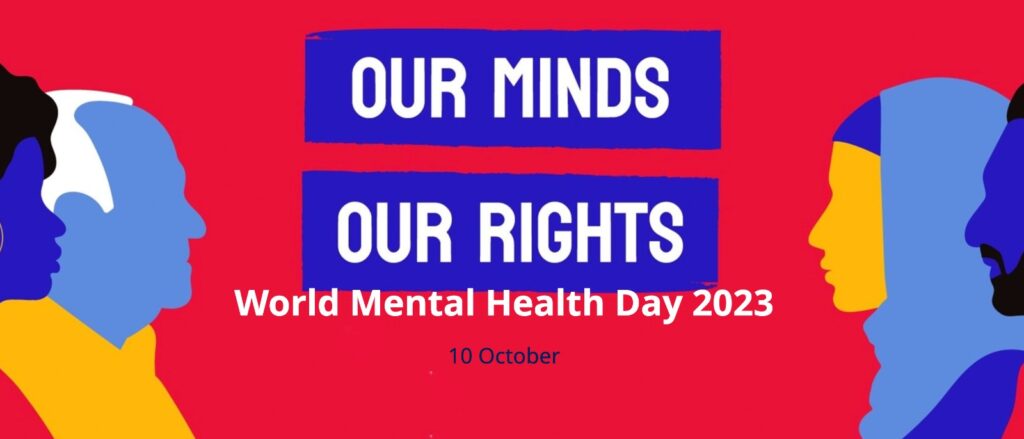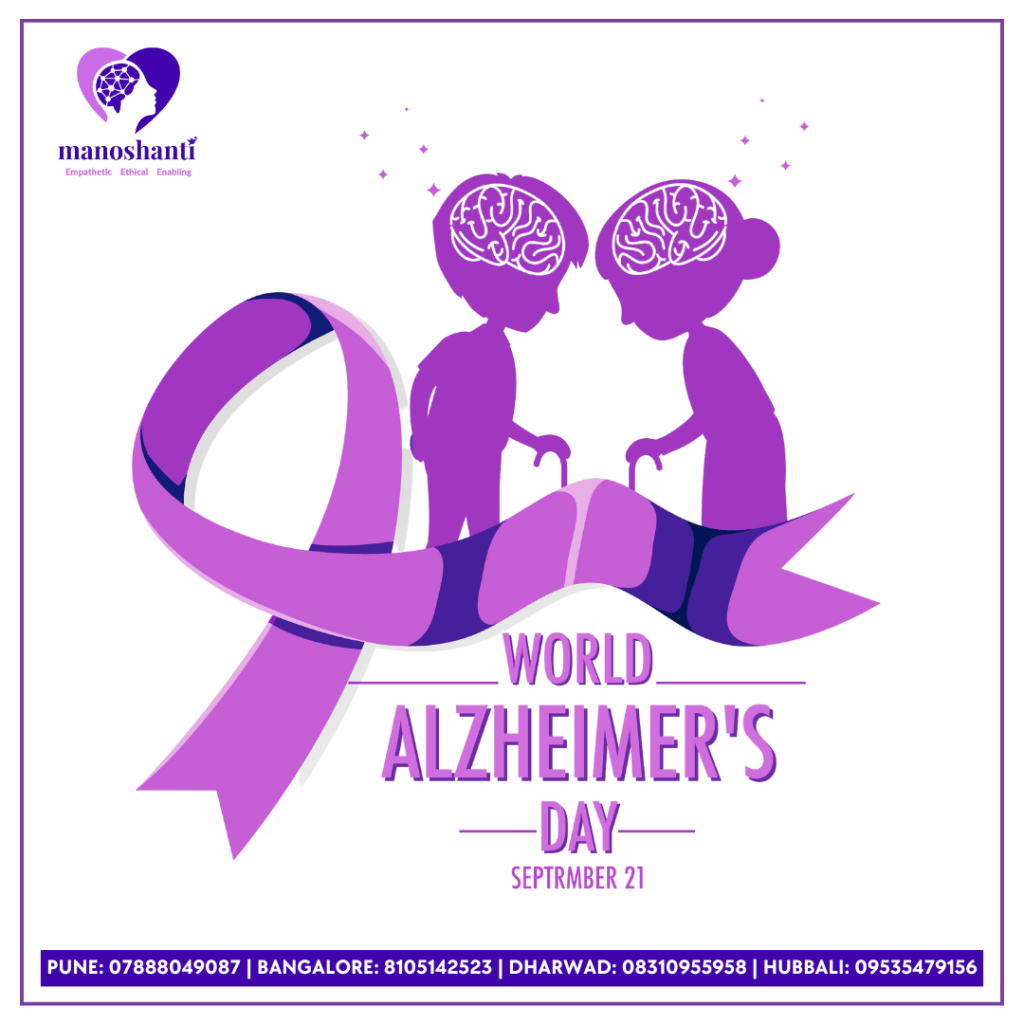I Am Moody, Am I Bipolar?

Is it normal to feel too much happiness? There are constant shifts in my mood, do I need to worry about it? I feel sad at a particular moment, another moment I feel as if I am on cloud nine. I do not know what to do? I do not know whom I should talk to? I have tried to research about it, but all I got was the word Bipolar. What is Bipolar? Do I have Bipolar?
Mental Health: A Universal Right – Ending Discrimination and Promoting Well-being

On this Mental Health Day the theme for this year, “Mental Health: A Universal Right,” underscores the undeniable truth that mental well-being is an essential human right that must be safeguarded and protected. Despite growing awareness, the world continues to grapple with the problem of mental health issues, which are often shrouded in stigma and discrimination.
Debunking Myths: Psychiatric Medication

Exploring the significance of mental health and the consequences of poor mental health leads to an understanding of essential components, including the role of medication. However, psychiatric medication is frequently disregarded and viewed negatively, while therapy is highly regarded. This biased perception towards medication in mental health needs to be addressed and debunked.
Learn more about rTMS

Repetitive Transcranial Magnetic Stimulation (rTMS) is a non-invasive brain stimulation technique that uses magnetic fields to stimulate nerve cells in the brain. It involves placing a coil on the scalp and delivering rapid, repetitive magnetic pulses to specific areas of the brain. rTMS has been shown to have potential therapeutic benefits for a range of conditions, including depression. It is also being investigated for its potential use in treating other neurological and psychiatric disorders, such as schizophrenia and obsessive-compulsive disorder (OCD).
Understanding Alzheimer’s Disease on World Alzheimer’s Day

As we commemorate World Alzheimer’s Day in 2023, it is crucial to shed light on a growing concern that affects millions of people worldwide. As our population ages, the prevalence of Alzheimer’s disease and other forms of dementia is on the rise. This day serves as a reminder of the importance of raising awareness, providing support, and promoting early detection and prevention of this debilitating condition.
Ketamine – A new hope for depression

Ketamine is an anaesthetic agent which has been used safely for general anaesthesia for many decades. Recently it has been demonstrated in scientific studies that at low doses it has a rapid and robust antidepressant effect. The drug works by targeting the glutamate system in the brain, which is involved in mood regulation. It is widely gaining acceptance in the USA, Europe, and India as a treatment for people with acute depression and feeling suicidal, chronic depression or treatment-resistant depression.
Messi’s magic and mirror neurons

On 18th December 2022, after a tense final match that went topsy turvy like a giant see-saw, Argentina won the world and the world cup.
Virtual Reality Exposure Therapy for Anxiety

virtual reality therapy (VRET) has been demonstrated to be a novel, effective form of treatment for different types of anxiety disorders. The secure and monitored setting provided by VRET enables patients to face their fears and acquire coping mechanisms, resulting in notable symptom improvements. You can read more about VRET
Psychotherapy and how it works

First things first, therapy is a collaborative process. We’re a team, and our goal is to create a safe and supportive space where you can explore your thoughts, feelings, and experiences. We are here to listen, guide, and offer insights, but ultimately, you’re in the driver’s seat. You get to decide what you want to explore and work on, and we’ll go at a pace that feels comfortable for you.
What is Obsessive Compulsive Disorder (OCD) – Its Symptoms, And Treatment Options

The surge in OCD cases during the pandemic has raised concerns about the availability and quality of treatment options in Pune and other parts of Maharashtra. It is important to carefully consider which healthcare professional can offer the best care and resources before deciding on a treatment plan for the same.
